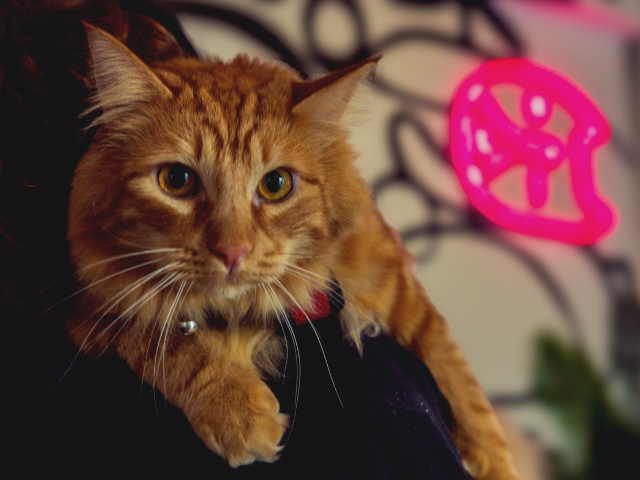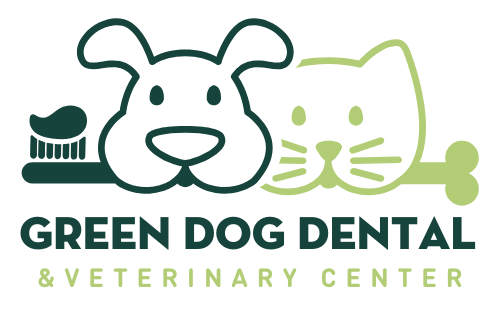
Senior Cat Care: How to Care for Your Aging Feline
Health Changes in Aging Cats
As cats age, they tend to slow down and are more likely to experience various health issues. Oral health becomes critical, as older cats can develop dental problems. Keeping their weight in check and ensuring the optimal functionality of organs like kidneys, liver, and heart becomes crucial.
Nutritional Needs
Senior cats have a decreased ability to absorb proteins, requiring a high-quality protein diet. Canned foods are recommended for older cats, as they meet their carnivorous dietary needs better.
Signs of Aging
Slowed activities like reduced jumping can be signs that your cat is aging. Regular check-ups are crucial because cats often suffer in silence until they are in extreme pain. Lab work and X-rays help in early diagnosis.
Common Health Issues
Dental issues, kidney disease, diabetes, liver diseases, and musculoskeletal changes like arthritis are common in senior cats. Regular veterinary check-ups can help manage these conditions and maintain the cat's quality of life.
Preventative Care
Maintaining an ideal weight and oral health are key preventative measures. Regular check-ups are essential for the early detection of issues related to the kidney, liver, and heart, which can then be managed with supplements and medication.
Importance of Regular Check-ups
Veterinary exams are crucial for senior cats to detect unseen problems, ranging from flea infestations to tumors and heart disease. Comprehensive exams and lab work provide a well-rounded view of the cat's health.
Essential Tests
Annual lab work, including a complete blood panel and urine analysis, is recommended for senior cats. Tests can reveal conditions like kidney disease and hyperthyroidism, which are common in older cats.
Top Tips for Caring for a Senior Cat
-Keep them indoors to reduce exposure to external risks.
-Schedule annual exams for comprehensive health checks.
-Opt for canned, high-quality protein foods.
-Partner with your vet to manage any health issues effectively.
FAQs
- When is my cat a senior? Cats are generally considered seniors when they turn 10.
- Health Needs: Annual lab work and regular exams are crucial to screen for thyroid, glucose, kidney, and liver diseases.
- Vaccinations: The need for vaccinations may decrease with age and lifestyle, but rabies shots remain essential.
- Exercise: Exercise is still important for senior cats to enrich their lives and maintain health.
- Home Adjustments: Make your home senior-cat-friendly by lowering beds and food dishes and reducing stress levels by avoiding significant changes like introducing a new pet.
